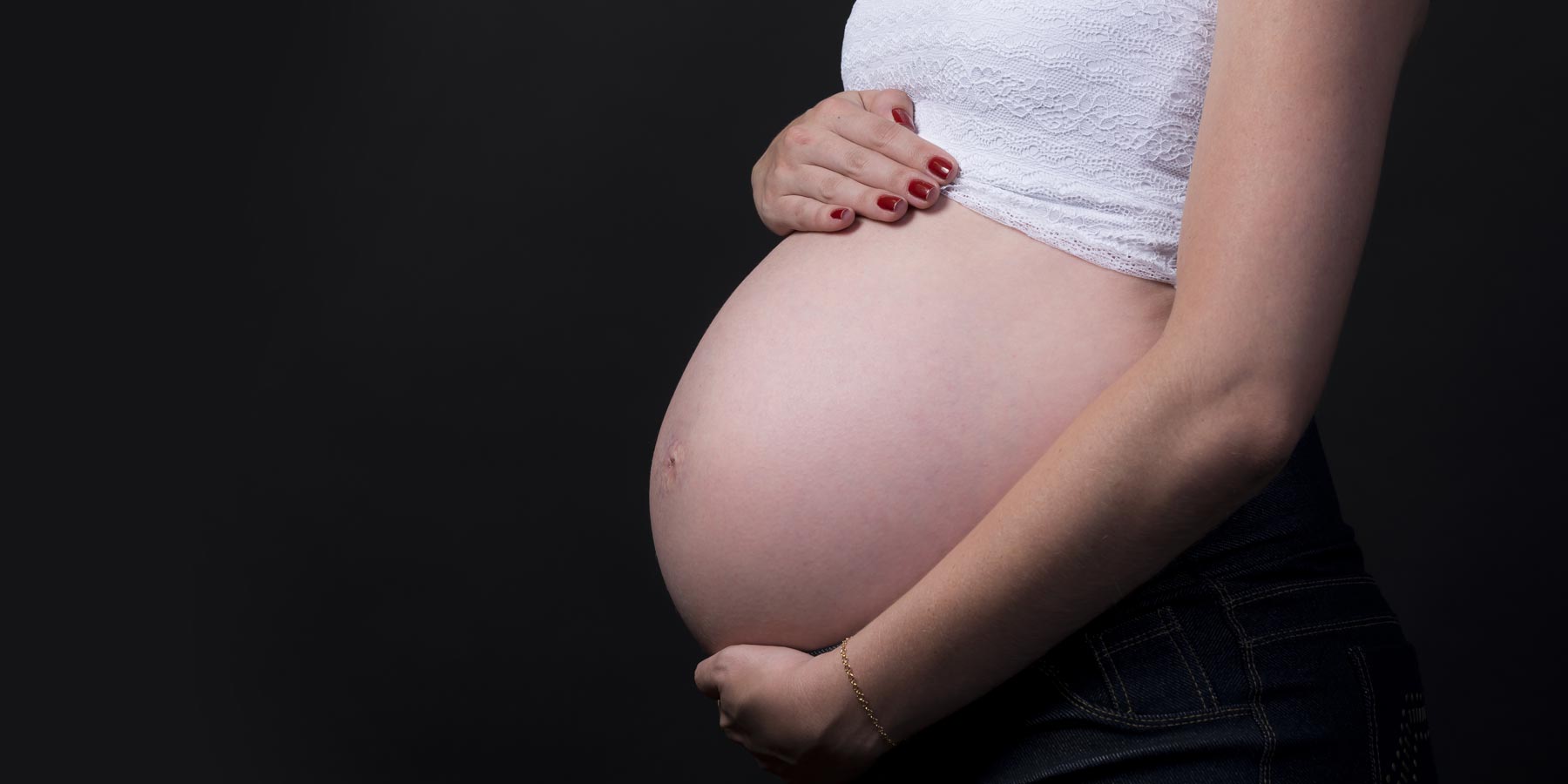Coffee during pregnancy? Can I drink coffee or not? How much coffee is OK during pregnancy? What other things do I need to watch out for when consuming caffeine during pregnancy? We want to answer all of these questions in this blog article, because this legitimate question comes up again and again. For many people, coffee is known to be the most important drink in the morning and enjoys a high status at the breakfast table . Nevertheless, coffee during pregnancy is a very controversial topic. And rightly so! There are a few things to consider! We will present these to you bit by bit below. We would also like to introduce you to a few alternatives from our online shop ! Elias Fischbacher from the Wildkaffee Rösterei wishes you a lot of fun reading.

Coffee during pregnancy - are the effects transferred?
In principle, it is very simple to explain. If you drink coffee during pregnancy, the caffeine it contains has the well-known stimulating effect on both the woman and the child. The umbilical cord connection also connects the fetal bloodstream, which allows the caffeine to reach the child. This is precisely why it is so important to always pay attention to the amount of coffee you consume during pregnancy.
Coffee during pregnancy – pay attention to the dosage!
The caffeine contained in coffee varies naturally depending on how it is prepared and the amount consumed. The WHO recommends consuming a maximum of 200 milligrams of caffeine per day ! This means that coffee is permitted during pregnancy per se! But it is important to pay attention to the amount. 200 ml of filter coffee contains just under 90 mg of caffeine with a medium to light roast, which means 400 ml of filter coffee a day is safe . If you prefer espressos or drinks containing espresso, you should calculate that 60 ml of espresso contains 80 mg of caffeine. That's 120 ml of espresso ! With milky coffee drinks, it is important to pay attention to how much espresso was used. You should definitely factor in a small buffer, as many other drinks and foods also contain caffeine . Examples include cocoa, green tea and chocolate.
What effects does coffee have on the child during pregnancy?
Moderate coffee consumption during pregnancy is therefore more or less harmless. However, you should make sure that you do not consume large amounts of caffeine on a regular basis . The fetus absorbs the caffeine just like the woman and experiences the same stimulating effect.
This means that the child becomes a little restless. The enzyme that helps the body metabolize caffeine has not yet been formed in the child, which means that the child is restless for longer . It is therefore probably better for the woman to avoid caffeine completely, or to only consume very small amounts. There are also very good alternatives so that you don't have to do without coffee completely during pregnancy. More on this in the next paragraph!

Tasty alternatives to coffee during pregnancy
If you don't want to miss out on the wonderful taste of coffee during pregnancy, our decaffeinated coffee is a good choice. You can expect the familiar wild coffee taste, but without the pick-me-up caffeine. The coffee is also suitable for all types of preparation. You can drink filter coffee , espresso , cappuccino and much more without having a guilty conscience or the consequences of caffeine. The coffee is decaffeinated using the EA Sugarcane process . You can find more information about the process and decaffeinated coffee here .
The various specialty teas from Tea Spitz are also an enjoyable alternative. You should just be aware that green tea also contains caffeine, although significantly less, but still 30mg. The various black teas also contain caffeine - around 45mg. That's why the many different types of fruit tea, as well as the white and herbal teas, are recommended. This gives you an alternative, warm drink that can be enjoyed every day without experiencing any unpleasant side effects.

Also important! Coffee while breastfeeding?
Actually, the same or similar principle applies there. Caffeine is transported through the blood as well as through the breast milk . So the offspring absorbs the caffeine, which would result in the child becoming restless and developing symptoms such as stomach aches and flatulence.
It is therefore advisable not to drink coffee or drinks containing caffeine before breastfeeding. It is also important not to exceed the recommended amount of 200mg of caffeine per day while breastfeeding. You should therefore continue to be cautious in everyday life!

Conclusion
With so much information, it's worth giving a brief summary. Coffee is allowed during pregnancy per se, but should still be avoided. Instead, use our decaffeinated coffee or Tea Spitz teas , avoiding black and green tea and instead choosing herbal, fruit and white teas. Also pay attention to the caffeine content of other foods. Continue to pay attention to coffee consumption during breastfeeding and try not to exceed the 200mg mark . It's best not to consume caffeine before breastfeeding.


